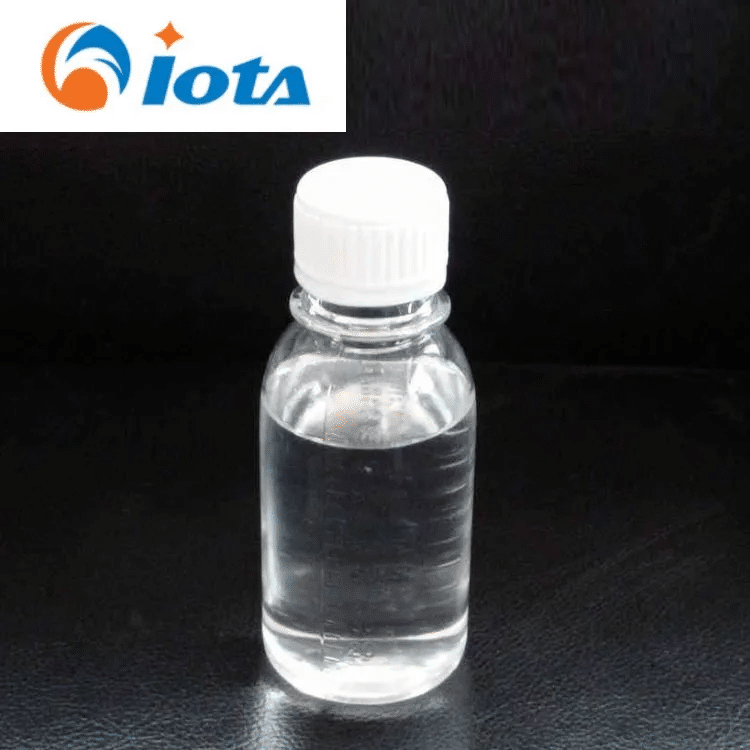February 8, 2025, Chengdu - In the field of additive manufacturing, organic silicon materials are breaking through their application boundaries. The "UV curable silicone elastomer" developed by a certain enterprise has achieved a printing speed of 0.8L/h and a tensile strength of 12MPa. The customized prosthetic pad produced by it has passed the CFDA Class II medical device certification, opening up a new path for the industrialization of 3D printing.

Material Innovation: Balancing Printing Accuracy and Performance
Traditional light cured resins have problems such as high brittleness and poor temperature resistance. The new organic silicon material introduces a thiol ene click chemical system, which increases the thermal deformation temperature to 180 ℃ while maintaining a printing accuracy of 40 μ m. At present, this technology has been applied to the manufacturing of air tightness testing fixtures for aircraft engine blades, reducing the development cycle by 60%.
Ecological Construction: Breakthrough in the Entire Chain from Devices to Services
To lower the user threshold, a certain platform has launched the "Organic Silicon 3D Printing Cloud Factory". After users upload their 3D models, the system automatically optimizes the printing parameters and assigns them to the nearest production line. This model reduces the cost of individual customization from 3000 yuan to 500 yuan, promoting the explosion of applications in fields such as personalized medicine and consumer electronics. According to statistics, the domestic market size of organic silicon 3D printing services is expected to increase by 240% year-on-year in the first half of 2025, and is expected to exceed 5 billion yuan within three years.
